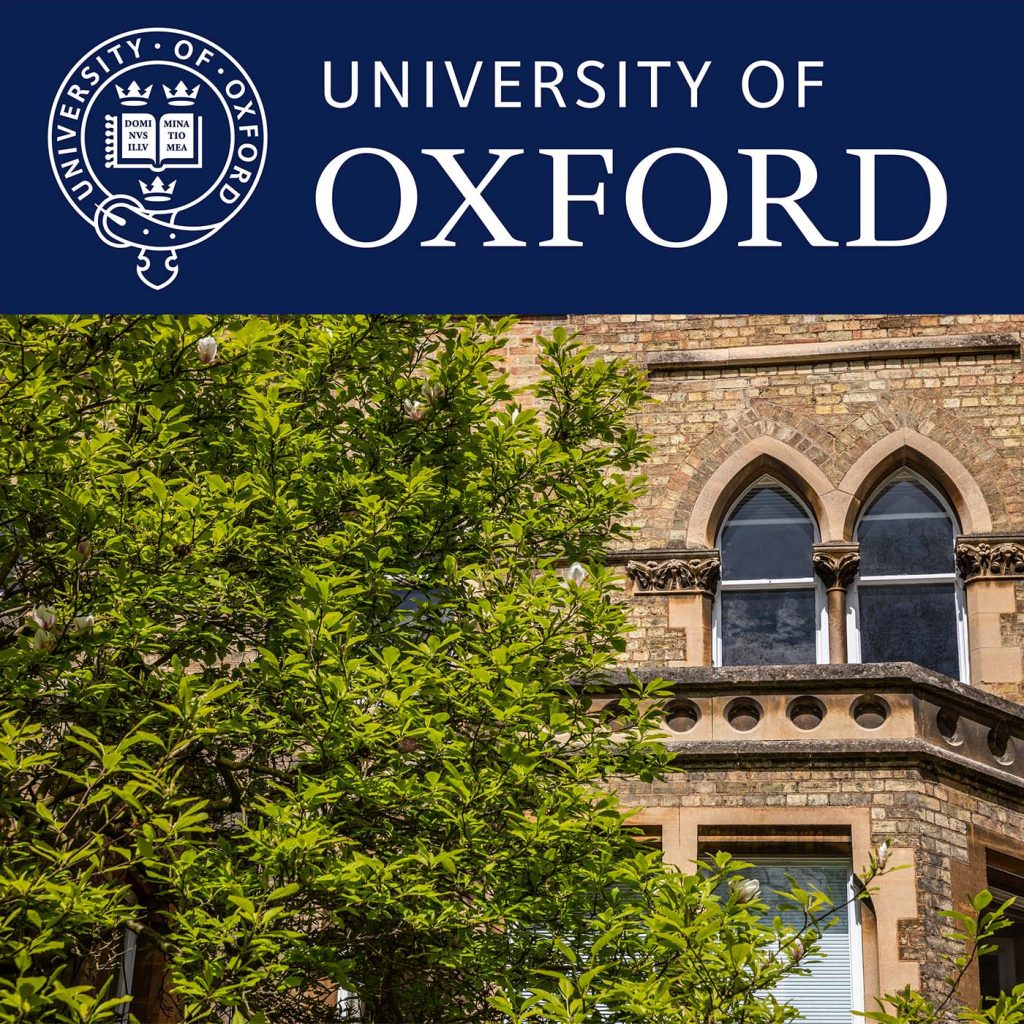Podcast Description
As private sector providers begin to enter the marketplace with tailored, ‘work-ready’ courses; as industrial research labs and think tanks claim the research space; as the internet provides informal learning on any subject from plumbing to patriarchy, the natural ‘terrain’ of the university seems under threat. In this context, the continued existence of the university as a multi-disciplinary civic institution is being questioned.
In her lecture Professor Facer will argue that such contemporary challenges to the university should not be met simply with defense and resistance or by a passive acceptance of the march of the market. Instead, we require a clear-eyed examination of what it is that universities uniquely offer to contemporary society. She will argue that the features of the university as a multi-disciplinary institution, in which research and teaching, and scholarship and service combine, create a unique form of ‘lively’ knowledge that cannot be achieved in any other way; a form of knowledge that will be essential to our survival in a rapidly changing world.
Understanding this unique function of the institution, however, does not mean that universities should simply be left alone to ‘do their thing’, rather, it requires substantial and in many ways revolutionary changes to the way that we run universities today.
Keri Facer is Professor of Educational and Social Futures at the University of Bristol, UK. Her work is concerned with understanding the future role of universities and schools in the context of environmental, economic and technological disruptions. Since 2012 she has been Leadership Fellow for the UK Research Council’s ‘Connected Communities’ Programme, a unique £30m + experiment in bringing together academics and civil society groups to share expertise and knowledge in areas ranging from health and wellbeing to sustainability and cultural heritage. This programme comprises over 300 projects across the UK and is a global flagship for critical and reflexive collaborative research activity.
Prior to this, she was Research Director at Futurelab, and led the Beyond Current Horizons project for the Department for Children, Schools and Families. In recent years, her focus has shifted away from technologies toward a particular concern with the ways we imagine the future, and the alternative futures that might be envisaged and used as a resource for creativity and social change. In this area she has been working with UNESCO amongst others, to encourage the exploration of the role of universities as a social resource for anticipatory practices in conditions of uncertainty. Her recent books include ‘Learning Futures’ (2011) and ‘Towards a Critical Politics of Education and Technology’ (2013).
More from this series






